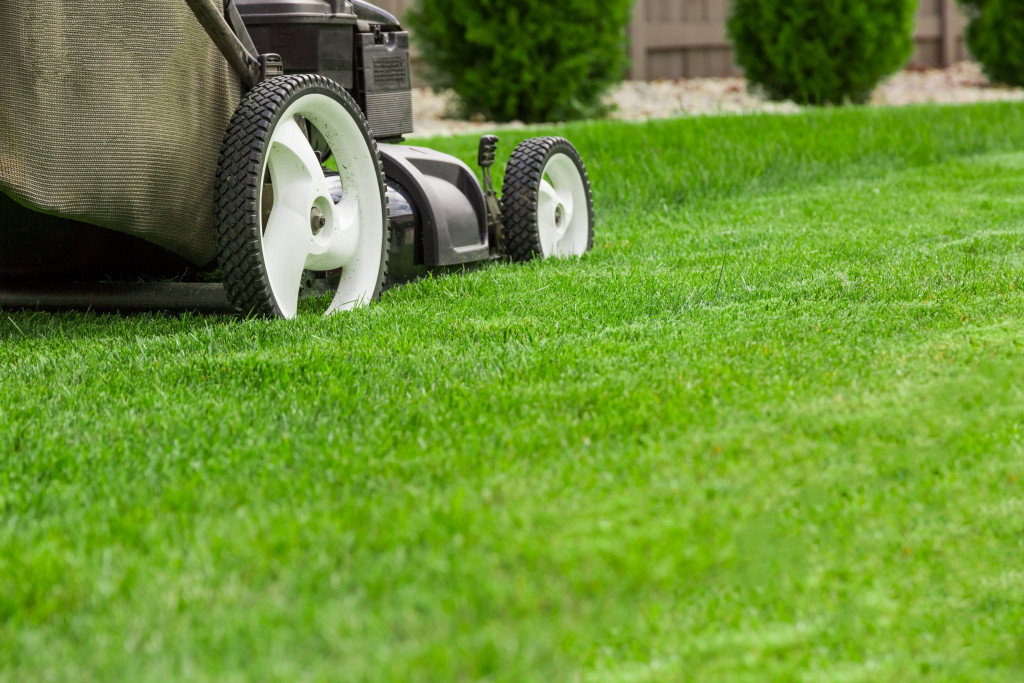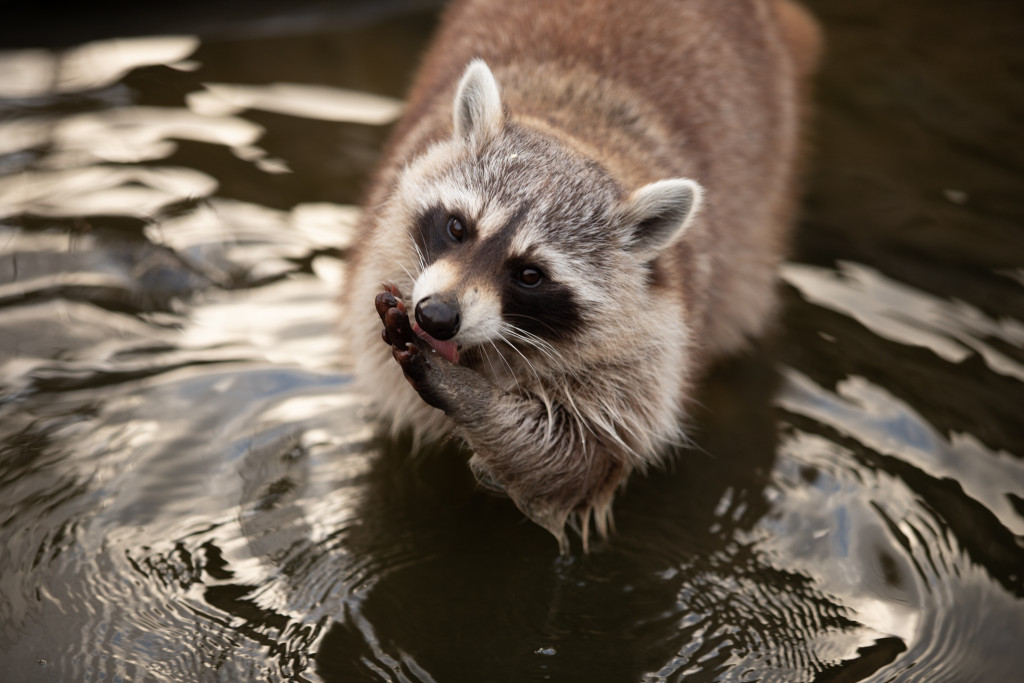• Raccoons can cause significant damage to property, spread diseases, and potentially attack people or pets if feeling threatened.
• Proper lawn maintenance, securing trash cans, building natural barriers, and using repellents are some methods of preventing raccoon activity near the home.
• Diseases that may be transmitted from raccoons include rabies, leptospirosis, distemper, giardia, roundworms, salmonella, and tularemia.
• Always take the necessary precautions to protect yourself and your family from harm when dealing with a wild animal like a raccoon.
Pests are a common sight even in a country like the U.S. Certain pests, like cockroaches and bed bugs, can spread diseases, while others, like mice and rats, can cause extensive property damage. However, if there is one pest unique to the U.S., it’s raccoons.
Raccoons and Your Family Life
Raccoons have become a common sight in many suburban and urban areas. While they look cute and cuddly, it’s important to remember that raccoons can be dangerous and destructive if not handled properly. They can damage your property, spread disease, and even harm you or your family. To stay safe, it’s essential to understand the various ways raccoons can affect your family.
Damage to Property
Raccoons are known for their mischievous nature and their ability to scavenge for food. This means they can cause significant damage to your home or property as they search for an easy meal.
Raccoons are strong enough to rip through roofs, tear down walls, and chew through wood or other materials in their pursuit of food or shelter. If a raccoon does gain access to your home, it is best to call a professional wildlife removal service rather than try to handle the problem yourself.

Spread of Disease
Raccoons are known carriers of several diseases that may harm humans or pets. One of the most serious is rabies, caused by a virus transmitted from animal bites or scratches.
Other diseases that may be transmitted from raccoons include leptospirosis (a bacterial infection), distemper (a viral infection), giardia (an intestinal parasite), roundworms (a type of parasite), salmonella (a bacterial infection), and tularemia (another bacterial infection). If left untreated, these illnesses can cause serious health complications, so taking precautions when dealing with raccoons on your property is essential.
Attack Risk
In addition to disease transmission risks, there is also a risk that raccoons may attack people or pets if they feel threatened or cornered. While attacks are rare, they happen, so it’s essential to take proper safety precautions when dealing with these animals. Always remain alert and aware when encountering a wild animal such as a raccoon, especially if you have young children who may not recognize the danger posed by these creatures.
Prevention
Preventing a raccoon infestation is the best way to protect your family and property from these animals. Steps you can take to deter raccoons include:

Maintain Your Lawn
Raccoons can easily access your home by climbing trees or walls, so trimming your lawn free of debris can help prevent an infestation. A lawn maintenance service can do this for you. They can visit your property regularly to keep the area around your home free of leaves, twigs, and branches.
Secure Your Trash Cans
Raccoons are notorious for rummaging through garbage cans looking for food, so invest in heavy-duty locking lids to prevent intrusions. It may also be helpful to place your trash cans in a shed or garage to prevent raccoons from accessing them.
Build Natural Barriers
Having natural barriers can drastically reduce raccoon activity near your home. Here are some ways you can do that:
- Hedges: A nice, thick hedgerow around your property can act as an effective barrier against raccoons.
- Fencing: Installing a fence around your yard can keep out raccoons and other wildlife. Ensure the fence is tall enough to prevent climbing and buried deep enough so it cannot be dug under.
- Rocks: Installing rock walls around your property can also be a barrier. Rocks should be installed at least 3 feet tall so that raccoons cannot climb over or dig under them.
Utilize Repellants
You can also use repellants to deter raccoons from your property. Repellants like ammonia, hot pepper spray, and motion-activated sprinklers can keep raccoons away without harming them. Other deterrents, such as ultrasonic devices and strobe lights, may also be helpful.
No matter what pest you are dealing with, taking the necessary precautions to protect yourself and your family from harm is essential. Following the above tips, you can keep raccoons away from your home and ensure everyone stays safe.

